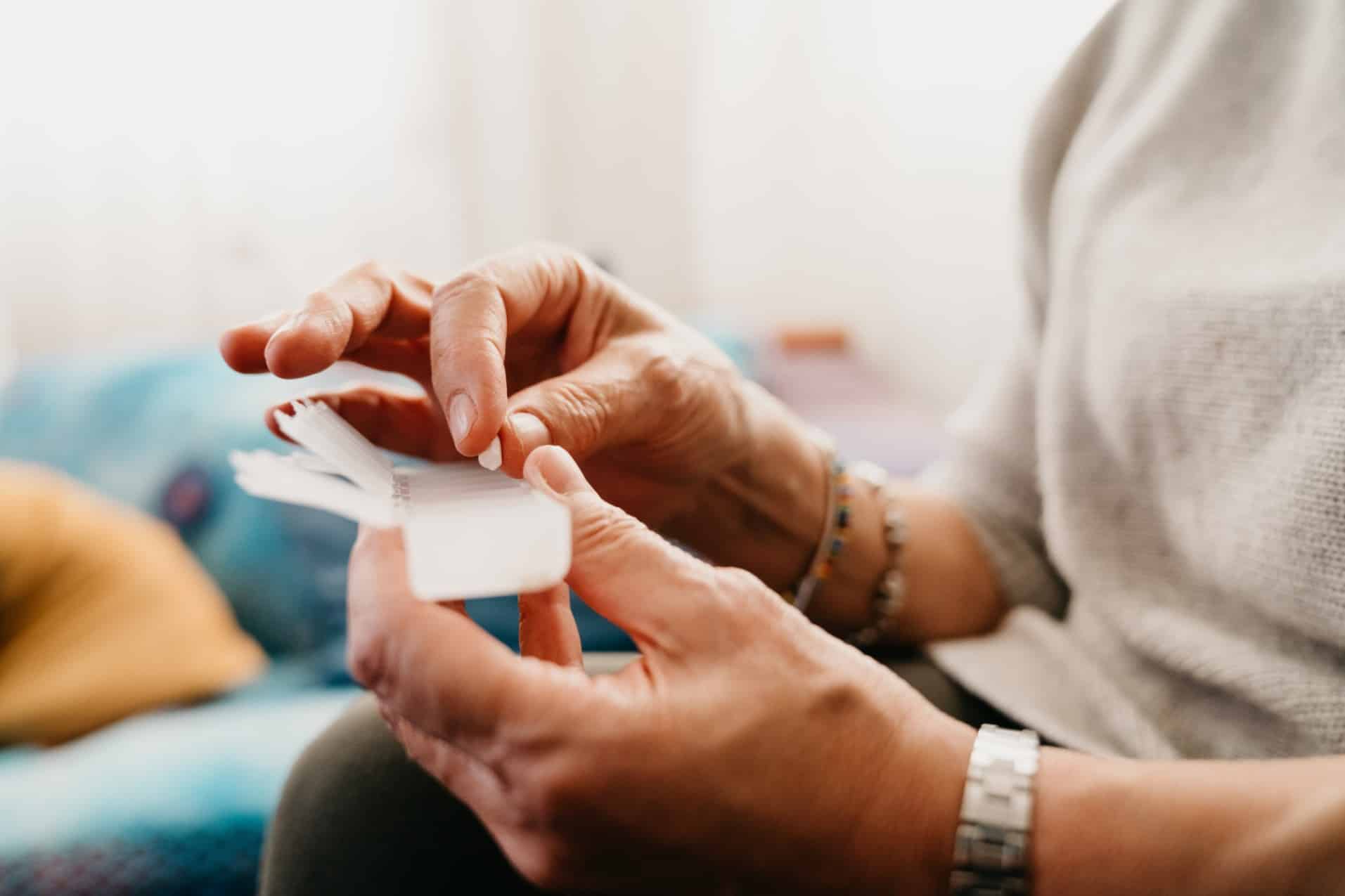Drug induced mania is a serious mental health condition that can have long-term implications. This happens when a treatment for a condition, like depression or ADHD can trigger manic symptoms in the person it is treating. Although drug-induced forms of bipolar exhibit similar symptoms, it is crucial to recognize their distinct characteristic features and the most effective treatments to effectively address this side effect. Drug-induced bipolar disorders, their common symptoms, diagnostic procedures, and treatments are discussed. Mental health professionals provide information on how to identify signs of drug-induced manic episodes when patients are taking certain drugs. It allows patients to understand what they should do following an accurate diagnosis.

Bipolar disorder is an extremely complex mental illness characterised by mood swings, ranging from hypomanic or manic depressive episodes. While the causes of bipolar disorders aren’t completely identified, research has shown that brain chemistry, genetics and environmental influences can all be at play. There is a less-known bipolar disorder, known as drug-induced disorder. It is caused by addiction to substances and a variety of medications.
Drug-induced bipolar disorder, sometimes referred to as bipolar disorder induced by substance, happens when the symptoms of bipolar disorder are directly caused by the use of substances or medications. It is crucial to understand that drug-induced bipolar disorder is different from bipolar disorder that develops without any dependence on drugs or other substances. Bipolar disorder induced by drugs is characterized by symptoms that are similar to those of bipolar disorder, but are brought on by drug abuse.
Many substances, including stimulants like amphetamines, cocaine and ecstasy aswell with steroids and antidepressants, and even herbal supplements have been linked to the onset of drug-induced Bipolar Disorder. These chemicals disrupt the delicate balance of neurotransmitters in the brain, which can cause mood swings, or manic or hypomanic episodes.
The symptoms of a drug-induced bipolar disorder are similar to those of traditional bipolar disorder and can be characterized by alternating periods of elevated mood (mania or hypomania) and depressive episodes. In manic or hypomanic episodes individuals may experience increased energy anger, irritability and racing thoughts. They might also not need to sleep as much, and they may engage in risky behaviors. Depressive episodes, on other hand, are characterised by feelings of sadness, hopelessness, loss of interest in activities as well as changes in appetite and sleep patterns, as well as thoughts of self-harm or suicide.
Recognizing the signs of bipolar disorder caused by drugs can be challenging since the symptoms could be misinterpreted to the effects of the substance by itself. It is vital to differentiate bipolar disorders caused by drugs as they require a different approach in treatment. The use of drugs should be taken into consideration and controlled alongside bipolar symptoms to achieve effective recovery and stability.
Bipolar disorder caused by drugs is treated by a combination of medication and psychotherapy as well being able to address the addiction issue. Medications such as mood stabilizers or antipsychotics are often prescribed to control mood swings and treat symptoms. Cognitive-behavioral (CBT) therapy can assist people develop coping skills, identify triggers and make lifestyle adjustments to aid their recovery.
Treatment of bipolar disorder induced by drugs must include addressing the use of substances. Participation in drug abuse treatment programs, attending support groups as well as working with addiction professionals could be necessary to tackle the substance-related issues that are at the root. It is important to create a complete treatment plan which takes into consideration both bipolar symptoms as well as the effects of substance abuse for the greatest chance of long-term recovery.
It is important to seek help from a professional If you or someone close to you suffers from bipolar disorder induced by drugs. A qualified mental health professional who has experience in treating co-occurring disorders can diagnose the problem and formulate a personalised treatment plan. Remember that recovery is feasible by utilizing the appropriate help and treatment.
Bipolar disorder induced by drugs is a specific form of bipolar disorder that is caused by substance abuse or the consumption of certain medications. These kinds of bipolar disorders must be differentiated from traditional bipolar disorders so that there is the proper diagnosis. To effectively assist and treat those affected with Bipolar Disorder induced by drugs, it is essential that you understand the symptoms as well as the causes and treatments. With the right approach that addresses both the bipolar symptoms and addiction to substances patients can experience stability in recovery, as well as an improved quality of life.